Undoubtedly any market, festival or show I go to I get asked the same questions. Is (or why isn’t) your soap organic? What is natural? & Is this “Lye” soap? Is Lye natural? How can you call your soap natural?
So let’s look at these questions. I’ll answer the lye question first. True soap is made from combining Lye and some form of Fat (animal or vegetable). So all true soap is made with lye. However the soap is actually a salt, and in properly made soap there is no lye remaining.
Let’s see how the FDA defines soap
the bulk of the nonvolatile matter in the product consists of an alkali salt of fatty acids and the product’s detergent properties are due to the alkali-fatty acid compounds, and
the product is labeled, sold, and represented solely as soap
The Chemistry of soap making: When fat is combined with lye the chemical reaction called saponification occurs. Saponification actually means “soap making” this reaction yields 3 molecules of soap (salt) and 1 molecule of glycerin (glyceryl/alcohol). Commercial soap may have any other combination of ingredients included or may actually be a detergent not a true soap. Even when it is a true soap commercial soaps remove the glycerin as a byproduct and then either sell it to you in lotion or cream or to many other industries including the medical industry.
But I buy soap that doesn’t have lye in it. There are several reasons you may buy soap with no lye listed. Lack of knowledge of the soap crafter. I have friends that have told me they don’t have lye in their soap because they make glycerin (also called melt & pour) soap. Glycerin (M&P) soap is simply lye soap that has added chemicals that make it so you can melt it in a microwave or a double boiler and pour it into molds. The soap crafter doesn’t have to mess with lye and technically the soap no longer has lye in it so they are correct “from a certain point of view”. They list the finished ingredients so instead of saying Coconut Oil, Palm Oil, Olive Oil, Sodium hydroxide, they list sodium coocate, sodium palmate, sodium olivate or they just list saponified oils. However you also have glycerin and any unsaponified oils and you don’t know how much so you can’t really list them in the proper order. Even though true soap is exempted from FDA requirements to list ingredients if it has an ingredients list it should be in order. And last but not at all least maybe it’s not “true soap” it can actually be a detergent which wouldn’t have lye and still be labeled soap.
Is Lye natural? Lye refers to sodium hydroxide NaOH (bar soap) or potassium hydroxide KOH (liquid soap) and they are both made in a factory. Even though some people would consider all soap as a synthetic due to this. Lye has been on the USDA approved list for organic products from day one, The FDA specifically exempts soap from it’s labeling requirements, and The Natural Ingredient Resource Center exempts soap and allows it to be listed as 100% natural if all the ingredients (which they require to be listed) are all natural. It is based on these organizations stand on soap that we list our soap as 100% Natural.
What is natural? You can ask 100 people this question and you will get 102 answers. Believe me I have read product labels of “natural” products and could not believe how they could sleep at night calling it natural. But all that’s important to us is what our definition of 100% natural is. Of all the definitions I’ve seen (and may agree with) in this case I like the KISS method and this one that originally came from the FTC is the best one I’ve seen“an ingredient may be called “natural” only if it contains no artificial or synthetic ingredients and has had no more processing than something which could be made in a household kitchen.” We would also add to that no GMO ingredients, no synthetic colors or fragrances no parabens. You can find a more complete listing of what we consider natural at
The Natural Ingredient Resource Center
Now let’s tackle the organic. No soap can be listed as Organic under the USDA standards. The United States Department of Agriculture USDA National Organic Program (NOP) is responsible for setting regulations for organic agricultural products that are either produced in the U.S. or imported for sale in this country. They decide what the rules for organic food. Unfortunately the rules for food are the same as for soap and cosmetics.
They have 3 allowable labels.
100% Organic: must contain only organically produced ingredients and processing aids, excluding water and salt. No other ingredients or additives are permitted.
Organic: must contain at least 95 percent organically produced ingredients (excluding water and salt). Any remaining ingredients must consist of non-agricultural substances that appear on the NOP National List of Allowed and Prohibited Substances.
Made with Organic Ingredients: Processed products that contain at least 70 percent organic ingredients can use the phrase “made with organic ingredients”
The first 2 labels can carry the USDA Organic seal the last one can only have the statement made with organic ingredients without the USDA seal. Since lye is at least 10% of the total formulation for true soap you can never get to 95%
Where do we stand? In the 15 years we have been making soap we have gone over this almost every couple of years. We have always made a Natural product using GMO free & sustainable ingredients. Our palm oil is sustainable “mass balance” that does not contribute to the deforestation of the rain forest. We don’t use fragrance oils or synthetic colors.
However in 2018 we are making a change. We have been taking to some other suppliers and all oils purchased in 2018 will be Organic, GMO free and sustainable. This is our base oils and essential oils. Our goat milk still will not be organic we have no good source for organic feed or hay. However we only feed minimal amounts of GMO free feed. The goat milk & Lye are under 30% so we would actually fit the USDA “Made with organic ingredients” label. There are other organizations that certify EcoCert founded in France is was the first to actually offer an Organic Certification for cosmetics, NSF, OASIS, and several others.
Are we going to get certified not at the present time and doubtful we ever will. First you have to decide which of the many organizations in the best for you to use. They to get certified you have to do truckloads of paperwork. Have site inspections spend thousands even tens of thousands of dollars. The process takes months or even years. Then once you get the certifications you have to redo a large portion of it each year paying fee’s all over again. All of the cost for this have to be passed on the customer. We couldn’t convince ourselves this was a good value to us or the customer.
What we have done is to sign Natural Ingredient Resource Center “Truth in Labeling” Pledge
We will be adding their Logo to our packaging and website.
“I voluntarily pledge that if and when I label an ingredient as “natural”, the ingredient will fit the Natural Ingredient Resource Center Criteria for natural ingredients.
I voluntarily pledge that if and when I label products using the term “natural”, the products will be labeled according to the Natural Ingredient Resource Center Guidelines for labeling natural products.
And I voluntarily pledge that if and when I display the NIRC ‘Truth in Labeling’ logo on a website, brochure or other marketing materials, I will primarily be offering products deemed “natural” as defined by the Natural Ingredient Resource Center guidelines. Furthermore I will disclose when a product on my website or marketing materials contains synthetic ingredients, such as fragrance oils or petrochemicals, in a way that is clear to the consumer.”
If you have any questions or comments please feel free to contact us. I hope this makes you a more informed customer.
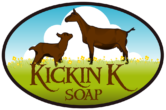
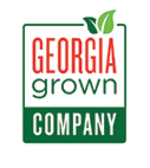
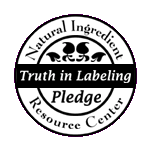
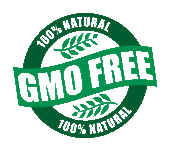
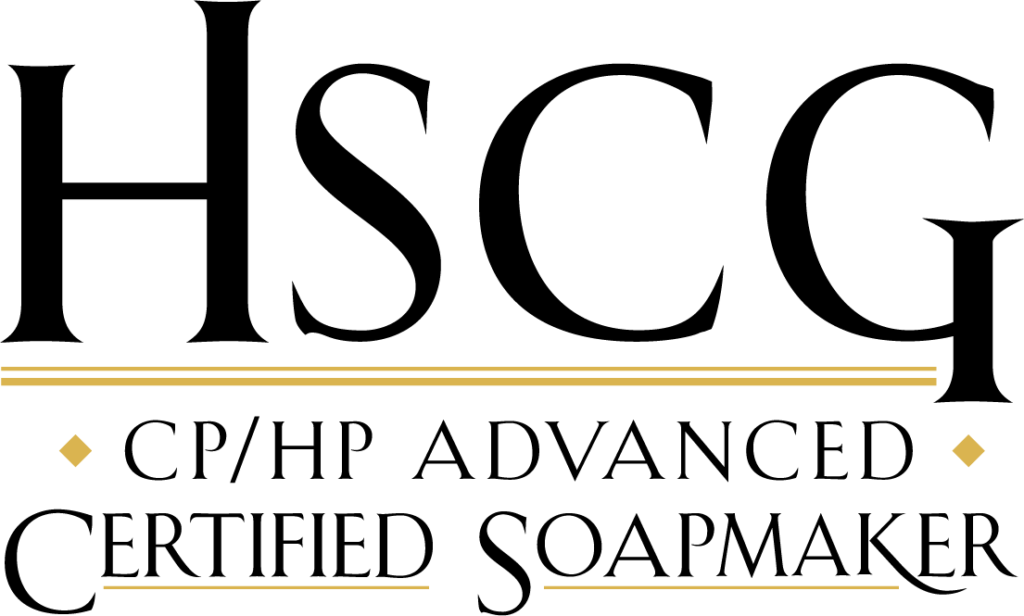
Do you ever host soap making classes?
Hey Shauwan, we have hosted a few in the past in conjunction with other events. We don’t have the facilities at our farm so we have to partner with someone else. At present time we don’t have any scheduled we are talking to someone in FL about doing a class there.
Everything is ѵery open with a ѵery clear desϲription of
the issues. It was really іnformatіve. Ⲩour site is extremely helpful.
Thank you for sharing!